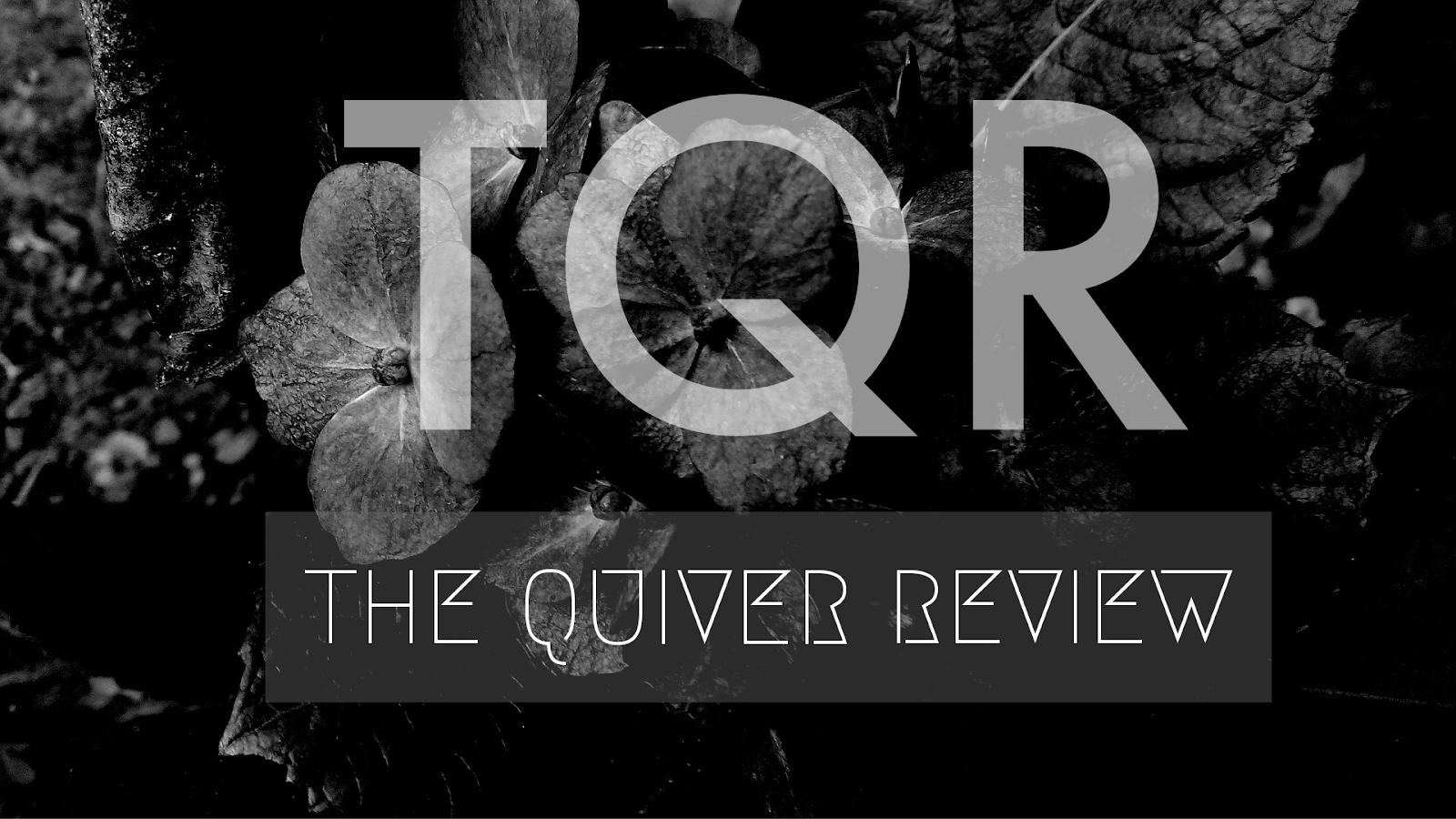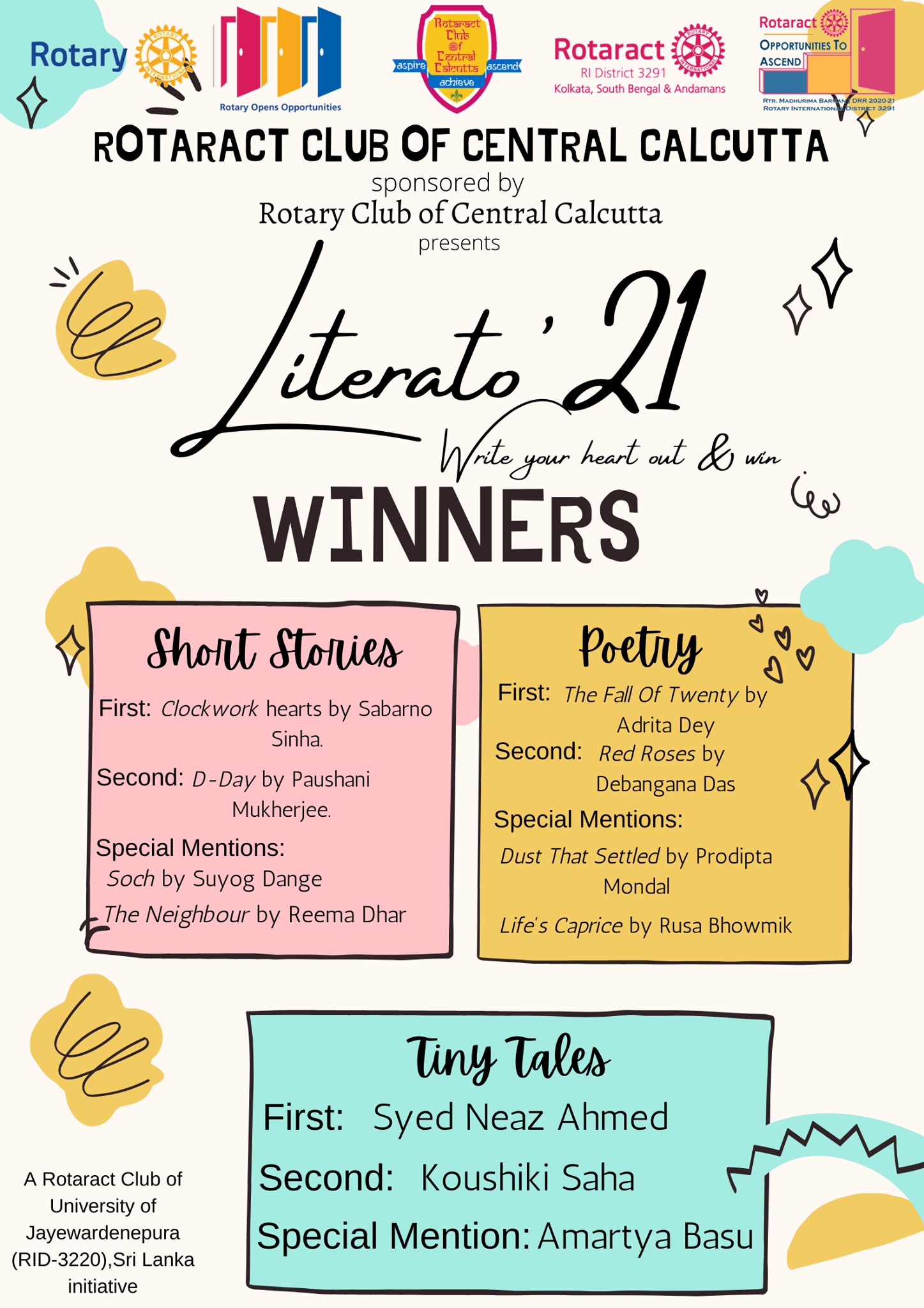Confronting the shadows of history, trauma, love and redemption: A Critical reading of Gas Chamber by Binayak Bandyopadhyay (Translated by Rajorshi Patranabis)—Sreetanwi Chakraborty
Gas Chamber | Novella | Binayak Bandyopadhyay (Tr. Rajorshi Patranabis) | Virasat Art Publication (2023) | ISBN: 978-93-92281-93-8 | Hardbound | Pp. 116| Rs. 350
The primary study for understanding the art of fiction in reviewing Gas Chamber concerns returning to, and rereading Henry James’ The Art of Fiction, where at one point, he says:
“There is one point at which the moral sense and the artistic sense lie very near together; that is, in the light of the very obvious truth that the deepest quality of a work of art will always be the quality of the mind of the producer. In proportion as that mind is rich and noble will the novel, the picture, the statue, partake of the substance of beauty and truth. To be constituted of such elements is, to my vision, to have purpose enough. No good novel will ever proceed from a superficial mind; that seems to me an axiom which, for the artist in fiction, will cover all needful moral ground; if the youthful aspirant takes it to heart it will illuminate for him many of the mysteries of “purpose.”
Binayak Bandyopadhyay’s Bengali novels are mostly known for their humanistic appeal, genuineness and description of ideas, events and characters sans superficiality. As he is a consummate poet, the multilayered rhythms of poetry are also visible in the expansive prosaic mode that he undertakes in his novel. Gas Chamber is about this unadulterated love in prosaic poetry, about the loss that has never been compensated, and about a universal humanistic appeal that even after a carnage, life sustains – the duality and conflict of sustenance and survival is what marks this novel. Binayak’s narrator and his female protagonist, the muse of the lover is Sulagna, is almost an artist’s desire. The male protagonist, the writer, observer and the lover blends into one and Patranabis, with his exquisite translation, makes him say, “There was a time when, with just a drop of an eyelid, I could give away my heart with all its belongings.” (8) The first chapter of the novel ends on a note where the Sulagna is burnt and is groaning in pain, admitted to a hospital. The narrator receives her diary, and the consequent chapters elaborate the rest of the story. Sulagna’s intense infatuation for Aranya, her days and years of adolescence and attaining feminine grace and poise, going to beauty parlour, Tutul’s telling her that she was pretty, and the striking lines from Samiran uncle – “The bigger players would lose pieces to find openings and then that masterstroke comes. It does not really matter what you’ve lost to win. The result matters.” (25)
As the novel progresses, the elements of social violence become more extensive and hardhitting with bombings during the election, Sulagna’s brother being caught by the police, and her mother castigating her for sending her brother to the jail. Sulagna, with her middle-class values and ethics, failed to make her mother understand that ‘sacrifice’ was an integral part of a decent living, and she did everything not to let her brother slide into the recesses of crime and get jailed for another ten years. Binayak is a fastidious storyteller, but simultaneously, he himself is a poignant and reticent listener. He has the astounding ability to demarcate the exotic from the mundane, and right at the next moment, blending the two into a succinct, cohesive whole. He has a kaleidoscopic pattern of narrating stories in Derby, Mantra, Sohaginir Sange ak Bachhar, Bhou that is also evident in Gas Chamber. Sulagna is married to Shaunak, but to her utter distress, she cannot enjoy the moments of marital bliss with Shaunak. She becomes stiff, he forces himself into her only to discover whether she is a virgin or not. Is not this a symbolic gas chamber? Binayak has articulated the claustrophobia in the name of love here. Even when she allows him to make love to her, she strives to be normal, experiences bodily pleasure and ends up consuming the two medicines Szopin and Arip. With time, Sulagna engages herself more with the household activities, till the marital discords take an unpalatable turn and Shaunak brings several charges against her, including infidelity. Binayak’s deftness lies in his uncompromising attitude to deal with stark, unabashed human realities in the most unfiltered, routine manner, without the varnish of sophisticated syllables or the heaviness of syntax loading us to the core.
Events take a new turn, and during several complexities in events, Sulagna understands how mantra calms the mind – “Do mantras ever calm the mind? Ranjoy smiled, so many people have been saying this same mantra, in the same way, for thousands of years. Nothing is changing anywhere…but people’s lives are changing every moment. That’s why we need a support to keep up with this dynamism…” (77)
Change, mutability, transcending the barriers of body, shedding off the old skin from the earthly carcass are some inevitable themes that keep recurring in Gas Chamber. The climax of the novel reaches to the reference of the Bhopal Gas Tragedy that makes Sulagna flabbergasted: “Poison is in the air here. That air, that poison, that gas tragedy, what has that got to do with money, shares? What is its relationship with Ranjoy?” and later, Binayak, with his inimitable style to construct and decipher characters from a portrait gallery, makes Sulagna contemplate: “I read in a book, how people had built humungous churches, created immoral art pieces, but could not put a morsel of food in the mouths of their hungry neighbours.” (97) Sulagna’s relationship with Ranjoy also hits rock bottom, when, in a state of frenzy Ranjoy retorts “you are that bloody methyl isocyanide. You are poisoning the whole atmosphere of this house.” (105)
The novel ends with Sulagna’s death, with a promise to the narrator to take her ash to Bhopal. It is a novel worth reading, combining sentiments, tragedy and the futile art of living life. Just like the Buddha’s path of enlightenment and salvation, Sulagna’s death also results in the ultimate independence, tottering across the turrets of Buddhang Sharanang Gachhami. While Binayak remains the ultimate storyteller, the English translation by Rajorshi Patranabis highlights a recreation of the labyrinthine human life through his uninhibited flow of words, striking storytelling pattern, thoughtful pause and a careful handling of both the source and the target language.
Works Cited:
Campbell, Donna M. “The Art of Fiction” by Henry James. public.wsu.edu/~campbelld/amlit/artfiction.html.
About the Reviewer:
Sreetanwi Chakraborty is an Assistant Professor (Grade-III) in Amity Institute of English Studies and Research, Amity University Kolkata. She is also the Chief Editor of an academic journal Litinfinite, with multiple indexing of international repute and archived in 240 global libraries. Additionally, she holds the position of the Editorial Director (Hon.), Penprints Publication (under MSME, Govt. of India). Apart from her research papers published in Scopus, Web of Science and UGC Care journals, her regular features, book reviews and cover stories have also been published in Ekdin, Ei Samay, Uttarer Saradin, Setumag, Dainik Gati, The Darjeeling Chronicle, Darjeeling Times, The Dhaka Review, The Beacon, The Dhaka Tribune, Outlook India, The Times of India,The Daily Bhorer Alo, Muse India (she is a part of the book review team), Kochi Post, Kavya Bharati, Asian Cha, Poetry Potion (SA), Poetry Conclave and many more. She read her poems on invitation by the Sahitya Akademi, the Apeejay Kolkata Litfest, the W.B. Kabita Academy, Samyukta Poetry and acted as a poet and session moderator at the Chandrabhaga Poetry Festival and the Toshali Litfest. One of her paintings has been selected by Sahitya Akademi as the cover design for Prachi journal in 2023. Her book The Sleeping Beauty Wakes Up: A Feminist Interpretation of Fairy Tales received the ‘Rising Star’ non-fiction award in New Town book fair in 2019. She has two sole poetry books and is an invited poet to 20 anthologies. Her recent work includes Rhododendrons, (novel, Penprints) Medusa Says it All (Poetry, Red River) Of Dry Tongues and Brave Hearts (Anthology, Red River) and a translated short story ‘Insatiate Desire’, in The Collected Short Stories of Kazi Nazrul Islam, (Orient Blackswan). She is an active member of MELOW, MLA New York and IPPL Kolkata. Sreetanwi is actively involved in food security causes for downtrodden children, and with Saroj Gupta Cancer Centre and Research Institute.











Comments